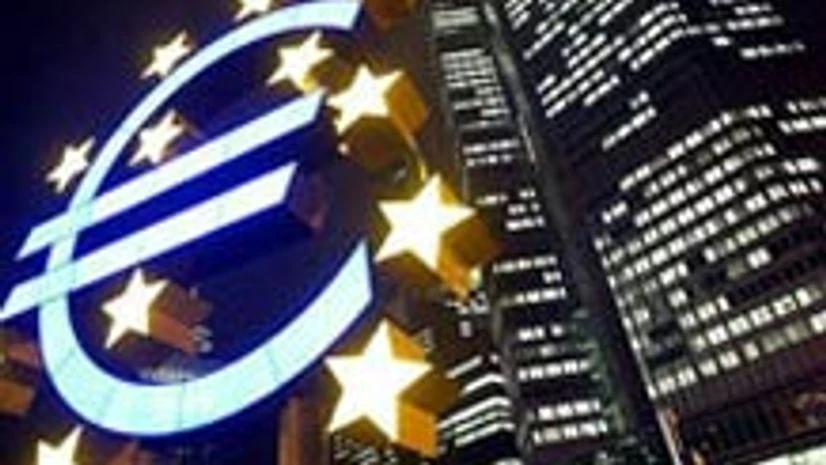Strange things happen in quantum physics, science's attempt to analyse and explain what happens at the micro-level of the universe. Schrodinger's cat can be both alive and dead; entangled particles can manifest what Albert Einstein called "spooky action at a distance."
As Europe is currently proving, the bond market can be just as paradoxical once interest rates drop below zero. Here are some examples.
How to lose half your money - Guaranteed. Suppose I ask you to lend me $200, and I promise to repay you $100 after half a century has passed. In return, I'll toss a few dollars your way each year. Sounds like a proposal you can easily refuse, right?
That's exactly the bargain that's currently on offer from the Austrian government. At the start of 2012, the nation sold Euro 3.43 billion ($3.6 billion) of bonds paying an annual interest rate of 3.8 per cent. For every bond you buy, Austria will repay you exactly Euro 1,000 in 2062; but to buy that bond today, you'll have to pony up Euro 2,100.
That's a product of the yield having plummeted to less than 1 per cent. So, if you buy those bonds now, and plan on hanging onto them, you are guaranteed to lose half of your investment when they mature.
You want 2 per cent? You'll be lucky… The European Central Bank this week unleashed its quantitative easing programme, aiming to buy Euro 60 billion of government debt each month to channel cash into the economy via the banking system. It's targeting debt that's maturing from two to 30 years.
That's a lot of money pouring into an unpromising investment. The yield it can get from Italian debt in that range has plummeted in the past two years.
That's not necessarily a problem; the central bank isn't obliged to make a return. But it does mean that if yields rise by even a small amount in the coming months and years, the ECB will end up owning debt that's worth quite a bit less than it paid. Explaining that to German taxpayers might make for an interesting dilemma down the road.
You want to lend money to me? It'll cost you… Much has been written about the seeming craziness of negative yields, where the lender pays the borrower for the privilege of handing over cash. It's odd enough to bear repeating though.
European governments and banks are already able to auction bonds at negative yields. It won't be long before a company - Apple? Nestle? BMW? - issues a new bond in euros, francs or Danish kroner, and gets paid for the privilege of borrowing.
Athens accounting. Suppose you fancy adding some euro government debt to your investment portfolio. You've heard all about the ECB's QE programme, and you reckon what's good enough for Mario Draghi is good enough for you. You're indifferent to maturity, but you're not willing to buy anything yielding less than 2.35 per cent. So you reach for your trusty Bloomberg, open its bond search function and generate a list of lovely, top quality government bonds.
That's right; if you want to buy anything with a yield north of 2.35 per cent, you'll be lending to Greece - a country widely acknowledged to be in a morass of political and economic dysfunction.
Greece was supposed to be on a charm offensive to win support for easing economic austerity while still getting financial aid; instead, it is scrapping with its biggest national creditor, having just made a formal complaint about German Finance Minister Wolfgang Schaeuble. Its lenders have now demanded that the country open its books while they decide whether to renew financial support. So it's only fair to wonder: If Greece's official creditors are sceptical of its accounting skills, shouldn't you be, too?
The author is a Bloomberg View columnist

)
